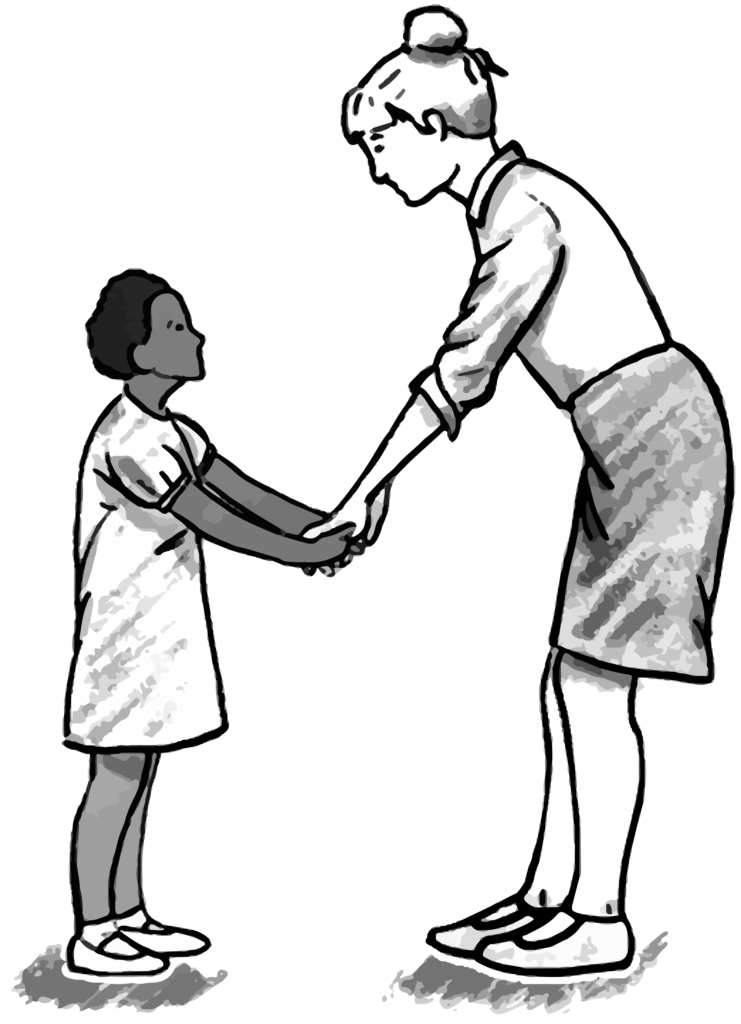
At Seaside Staffing Company, our Los Angeles nannies often ask about appropriate gifts for their charges. We encourage focusing on experiences and creative activities that build lasting memories without breaking the bank.
Ages 2.5-4: The Wonder Years
For toddlers and young preschoolers, simple experiences create magic. Create a special “adventure box” filled with dress-up items from thrift stores. Plan neighborhood safari walks with homemade binoculars made from toilet paper rolls. Design scavenger hunts using pictures for non-readers. Transform cardboard boxes into playhouses using craft supplies you already have.
Ages 5-7: The Discovery Phase
School-age children love being involved in creating. Start a small container garden together with seeds from fruits they enjoy. Create a “cooking class” experience using simple recipes like no-bake cookies. Design a treasure map of local parks and plan weekly explorations. Make friendship bracelets or origami animals using basic materials.
Ages 8-10: The Independent Explorers
Older children appreciate personalized experiences. Create a “mystery solving club” with weekly challenges. Design a photo scavenger hunt using their parent’s approved device. Start a shared journal for writing stories together. Plan neighborhood clean-up projects to teach environmental responsibility.
Cost-Free Creative Ideas
Nature offers endless gift possibilities. Create pressed flower art from neighborhood walks. Start a rock painting project using found objects. Design outdoor obstacle courses using natural elements. Make wind chimes from collected items. Build fairy gardens using materials from the backyard.
Including Parents in the Experience
Parents can support these activities by providing basic supplies or designated spaces for ongoing projects. They might allow use of kitchen supplies for cooking projects or garden space for planting activities. Photos of these shared experiences often become treasured keepsakes.
Making Memories Last
Document experiences through photos or child-created journals. Create memory books using simple notebooks and collected items. Start traditions like monthly “adventure days” where children help plan activities.
Educational Elements
Transform learning into gifts by creating personalized alphabet books, number games, or science experiment kits using household items. Design counting games using collected nature items or create simple board games together.
Seasonal Celebrations
Plan activities around holidays and seasons. Create handmade decorations, design simple costumes, or organize seasonal scavenger hunts. These activities cost little but create lasting traditions.
Creative Arts Focus
Develop art projects using recyclable materials. Create puppet theaters from cardboard boxes, design jewelry from pasta, or make musical instruments from household items. These activities encourage creativity while teaching sustainability.
Building Connections
The best gifts often involve quality time and attention. Reading sessions, storytelling adventures, or simply creating special routines can become cherished gifts that children remember long after toys are forgotten.
Working with Parents
Communicate with parents about planned activities. They might contribute materials or suggest activities that align with family values. This collaboration ensures appropriate and meaningful experiences.
Long-term Impact
These thoughtful, experience-based gifts help develop creativity, problem-solving skills, and environmental awareness. They teach children that meaningful gifts don’t require significant financial investment.
Safety and Appropriateness
Always ensure activities are age-appropriate and safe. Discuss plans with parents, especially for activities requiring supervision or specific materials.
Creating Traditions
Consider establishing annual traditions that children can look forward to. These might include special birthday adventures or holiday craft sessions that become anticipated events.
The Professional Touch
As a Los Angeles nanny, these thoughtful approaches to gift-giving demonstrate professionalism and care. They show understanding of child development while respecting family budgets and values.
Looking Forward
Remember that the most meaningful gifts often come from creative thinking and genuine care rather than shopping centers. Your time, attention, and thoughtfulness create lasting impacts on children’s lives.
